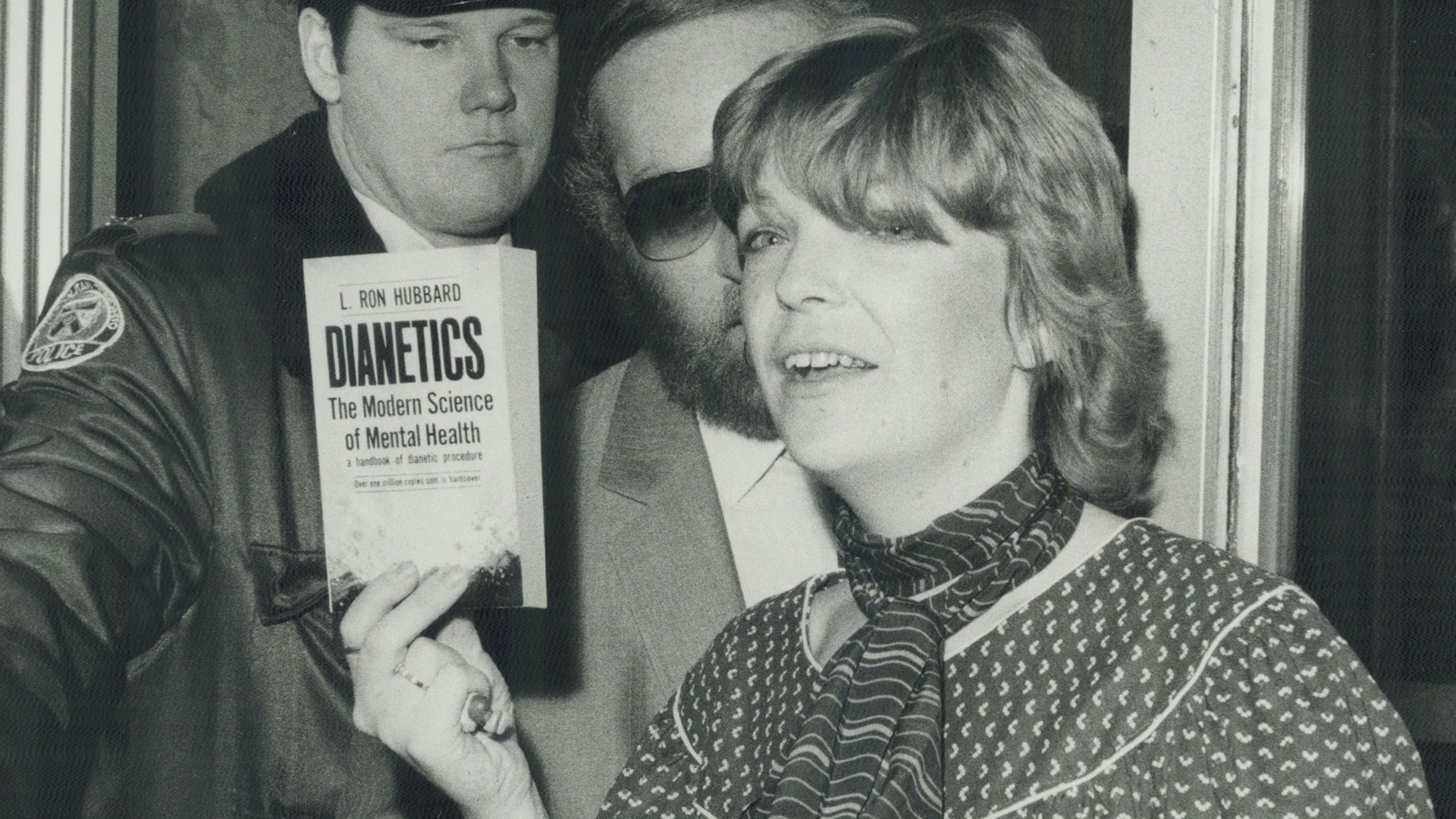The 3-Minute Rule for Dianetics
The 3-Minute Rule for Dianetics
Blog Article
The Best Guide To Dianetics
Table of ContentsNot known Factual Statements About Dianetics Dianetics - QuestionsThe 7-Second Trick For DianeticsHow Dianetics can Save You Time, Stress, and Money.
I could not ever not intend to receive anything that comes to mind for you- if it was otherwise, I wouldn't be sitting right here with you, doing this. I not just can never ever have a trouble, or otherwise wish to hear something that comes to mind for you, however I'm completely eager to understand every idea, every thought, every photo or sensation that arises or shows up for you- do not ever believe otherwise, and if for some factor you do, please simply let me understand! Occasionally, you might have an idea, and picture, idea or event appear that does not seem to answer the question, or relate to it, but nonetheless, always do tell me about it, and as we continue, the importance will certainly arise for you.This is integral in the basis of handling, and the topic of this discussion: the basic roles of the therapist and the customer: The basic role of the therapist is, unlike "typical training", not to regulate, which indicates to impose and/or inhibit, however to instead work from the basis of EMPOWERING THE CUSTOMER.

The Definitive Guide for Dianetics
John Mcmasters shared this fundamental truth wonderfully well in among his lectures on Power handling, where he discusses how he was asked what this "unique knack" was that he had for offering such excellent sessions; he had to think of that for a minute, and identified that it was what he wasn't doing, along with what he was doing: he wasn't assessing, judging, computing, or in fact, producing any ideas, not to mention spoken expressions, after offering the command and while awaiting the computer to complete their response to their satisfaction; he was, just and just, being present with the PC, and completely interested.
The function of the therapist, demonstrated; that was his "unique propensity". I have had my own experience which educated me this well, really beforehand in the video game. In 1982, having recently completed my training and teaching fellowship on New Period Dianetics, I was running this on a COMPUTER, and there was a point in the session where (being a bit wet behind the ears not yet having numerous hours under my belt as a specialist auditor) the PC seemed to be "taking also long" to reveal anything vocally after I offered him a command.
This secret transformed out to be one of the most important contribution that John ever before made to the subject of therapy or bookkeeping (Dianetics). In my modest opinion, it is the biggest payment that anybody has ever made to these subjectsthe application is totally non-judgemental, non-evaluative, and without any kind of pointer, suggestions or opinion.no preconceived schedule for people, or 'levels' that they need to do
In Idenics, the only source of info regarding a client is the individual client. In Scientology we prided ourselves on not evaluating for people. All that actually meant was that the auditor did not Vocally examine for the Computer in session. The registrars and ethics officers assessed for the computer.
The Main Principles Of Dianetics

Any individual that had actually ever seen John audit can not help however notice an one-of-a-kind quality in his bookkeeping."The client's standard role is to be there with the function of relocating the direction of their spiritual goals, and to freely and completely share and experience whatever manifests for them in addressing the inquiries and performing the directions in the handling.
This is something to More Help procedure as needed. Likewise, people often have previous experience and/or brainwashing in auditing/processing which, in some methods, and to some levels, in fact misleads them into attitudes, ideas and behavior patterns that avoid the full awareness of these functions, and so my company they will tend to inhibit the expressing of what comes to mind, as in the examples provided over - Dianetics. * The initial, and maybe leading instances of mis-indoctrination leading to less than entirely smooth and efficient sessions, can be discovered in specific elements of the training routines, or "TR's":"TR's" are frequently a person's initial, or at the very least early, experience in Scientology, and while I will certainly take place to discuss what I see as the flaws in principle and technique, nonetheless, have a tendency to be significantly healing, done as they are offered (Hubbard firmly insists that "TR's are not processing, they are training", but factually, they are both handling AND see page training)
Alan Walter made comparable observations, and boosted on these with his "Visibility Processes". There is no "failing", and no denial of the fact of this being handling. The focus, as it needs to be, gets on experiencing the other individual's existence. All the indications which get a "fail" in doing "TR-0" are just the being's efforts to stand up to the other individual's existence, and as opposed to being pestered and badgered with "Flunk", which enforces "failure!" on the being, one just needs to be encouraged to "stick their feet in the water a little much deeper", to increasingly refurbish their ability and readiness to completely share and experience "being here", or "existence", with others.
The 3-Minute Rule for Dianetics

Report this page